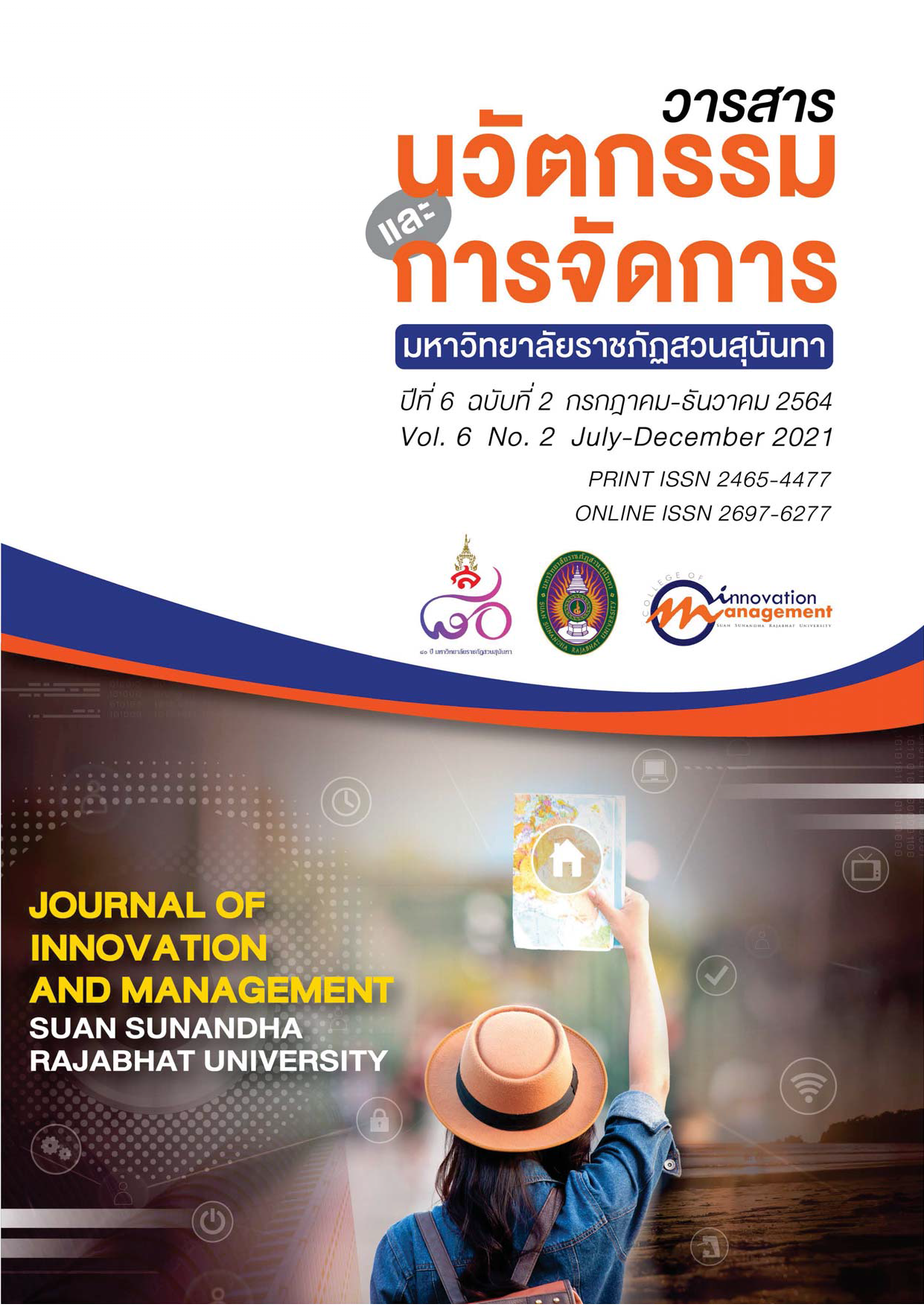The Pattern and Process of Peace Negotiation and Conflict Resolution in the Deep South of Thailand
Keywords:
Negotiation Model, Peace, Conflict, Three Southern ProvinceAbstract
This research is to study the pattern of peace talks and conflict management processes in Thailand’s three southern border provinces. This research uses a qualitative research method by collecting information from fieldwork and from in-depth interviews and observation and opinions of the sample group, which is a stakeholder in all areas. The research results were found that the model for peace talks and conflict management processes in the three southernmost provinces of Thailand is the peace dialogue process in the southern border provinces. It is a peaceful way of managing conflicts that governments and related agencies try to do to resolve the problems in the southern border provinces. It is also a method recognized worldwide as the least likely to lose. The cause of the unrest in the southern border provinces is a political conflict with a long history of social identity, culture, fairness, and quality of life. Therefore, the dispute must be resolved with a political approach that is mainly peaceful. In the past, governments have tried to communicate peace with a different opinion of the state. There are several limitations of both the Thai government and other opinion groups from the state, such as lack of trust and unity in management. There is no sufficient depth for discussion and not yet crystallized the problem and the solution accepted by all parties, including the issue of the negotiators and the process of conflict management in the southern three provinces.
References
Banpasirichote, C. (2009). Protection of Minorities and Politics on Identity Differences: European Experiences. Bangkok: Friedrich Nauman Foundation. (in Thai)
Kiranant, T. (1987). Economic Difference and Society in Peace Studies and Conflict Resolution. Bangkok: Chulalongkorn University. (in Thai)
Phra Maha Hansa Dramahaso. (2009). The Form of Conflict Management by Buddhist Peace Process: The Case of Mekong River. Chiangmai: Mahachulalongkornrajavidyalaya University. (in Thai)
Sathaanand, C. (2006). Peace theory and Cultural elements. Bangkok: Komol Keemthong Publishing House. (in Thai)
. (2010). Violence Hides in Thai Society. Bangkok: Matichon Publishing House. (in Thai)
The Committee of National Economic and Social Development (2017). National and Economic Development Plan 2017-2021, Volume 12. Bangkok: Office of the National Economic and Social Development Council (NESDC). (in Thai)
. (2018). 20 years of National Strategy 2018–2037. Bangkok: Office of the National Economic and Social Development Council (NESDC). (in Thai)
Wattanusup, W. (2003). Report of People attitude on conflict in Thailand. Bangkok: King Prajadhipok’s Institute. (in Thai)
. (2004). Conflict Management and Apology. Bangkok: Saladeang Publishing House. (in Thai)
. (2004). Conflict: Principles and Instruments. Bangkok: Mahachulalongkron University Publishing House. (in Thai)
Downloads
Published
How to Cite
Issue
Section
License
Copyright (c) 2021 Journal of Innovation and Management

This work is licensed under a Creative Commons Attribution-NonCommercial-NoDerivatives 4.0 International License.
See Publication Ethics https://so03.tci-thaijo.org/index.php/journalcim/Ethics






